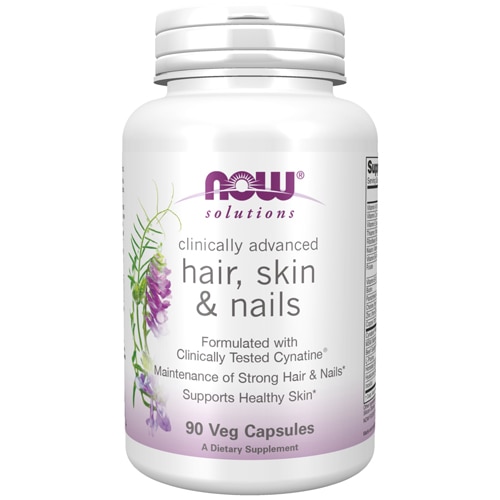Empathy sounds appealing—in theory. To empathize literally means “to suffer with,” to share the pain of other beings so entirely that their emotions becomes our own. But as the importance of self-care escalates in our collective imagination, what does that mean for other care? Is empathy becoming outdated as we turn the focus toward ourselves?
We may think in our wired world we have upleveled our ability to connect, but in many insidious ways, it’s downgraded our humanity. As social media continues to explode, it leads to a false sense of connection, friends and validation. Some experts suggest that the ease of having 'friends' online might also make people more likely to simply tune out when they don't feel like responding to others' problems, a behavior that could carry over offline.
A recent article in the New Yorker even has a meme for this empathy deficit, “Human Downgrading: A societal reduction of human capacity caused by technologies that dominate our human sensitivities.”
If you feel like you may be experiencing an empathy deficit, that’s valuable information to pay attention to. Most of us have an in-built capacity for stepping into the shoes of others and understanding their feelings and perspectives. Yet, despite the recognition of empathy as a core life skill, our empathy reserves do seem to be atrophying. We have the wiring to be empathetic but forget to tap into that potential on a daily basis.
Want to tune in more skillfully? Here are four ways to strengthen your empathy muscles.
How to be More Empathetic
1. Explore differences
Familiarity breeds complacency. Put yourself in environments where people are from different backgrounds. For example, you might want to join a local community outreach group or volunteer in an organization that serves underserved or marginalized populations. Immerse yourself in the diversity of others’ experiences. If you don’t have the time or the means to explore diversity in real life, find stories that are unfamiliar. If you stay in the bubble of what you know, you’re looking for validation, not an expansion of empathy.
Try it: Focus once a week on drawing out someone who seems utterly different from you.
2. Read books
Literature can expose you to the intricacies and inner landscape of complex characters you don’t get to “meet” otherwise. Recent studies suggest that reading quality fiction has the unique ability to deepen our emotional intelligence. One study published in the influential journal Science showed reading literary fiction was linked with an improved ability to better read fine emotional cues on people's faces.
Try it: Read fiction, books ideally, but short stories can also work if you don’t have the attention span for a book. According to Minter Dial, author of Heartfelt empathy, “Fiction apparently tricks our minds into thinking we are part of the story, and the empathy we feel for characters wires our brains to have the same sensitivity towards real people.”
3. Share stories
As Harper Lee wrote in her classic novel To Kill A Mockingbird, "You never really understand another person until you consider things from his point of view - until you climb inside of his skin and walk around in it." One organization that embodies this idea is Narrative 4, whose mission is “to harnesses the power of the story exchange to equip and embolden young adults to improve their lives, their communities, and the world.” Rooted in the belief of the power of radical empathy as a vehicle for transformation, the organization has pioneered the concept of the story exchange: The idea that “we will see the world, and ourselves, more empathically through the exchange of personal narratives.”
In a story exchange, facilitators pairs participants and gives them time to share their stories, typically about some defining moment in their life. Participants actively listen to their partner's story. After a break, the facilitator brings everyone together in a circle to hear each participant share their partner’s story in the first person. This imaginative jump into someone else’s shoes, of telling your partner’s story as if it was your own, helps us leap from the fetters of our own personality into the freedom to embody—and attune to—another.
Try it: Become a shape shifter. Next time someone shares a personal story, don’t just listen to the person, become that person. Ask questions about the experience from the inside out, from the perspective of the other who has now become you. See how different those questions are than if you continued to regard that person as “other.”
4. Listen deeply
Another way to hone empathy is through practicing our listening skills. As Martha Beck, best-selling author, life coach, and speaker says, “If you want to feel that you belong in the world, a family, or any relationship, you must tell your story. But if you want to see into the hearts of other beings, your first task is to hear their stories. Many people are gifted storytellers. Only the empathic are true storyhearers.” The late Marshall Rosenberg, psychologist and founder of Non-Violent Communication, said what’s essential for empathy "is our ability to be present to what's really going on within—to the unique feelings and needs a person is experiencing at that very moment."
Try it: Let people have their say, hold back from interrupting, and even reflect back what they've told you so they knew you were really listening. Rosenberg calls this “radical listening” and his belief was it can have an extraordinary impact on resolving conflict situations. One study showed that executives trained in NVC reported a number of benefits, including "conversations and meetings were notably more efficient, with issues being resolved in 50-80 percent less time.”
Wherever your exploration of empathy leads you, it may take you to places in yourself—and others—that you are not even aware of, deepening and enriching your life is unimaginable ways.




